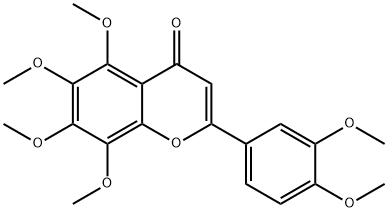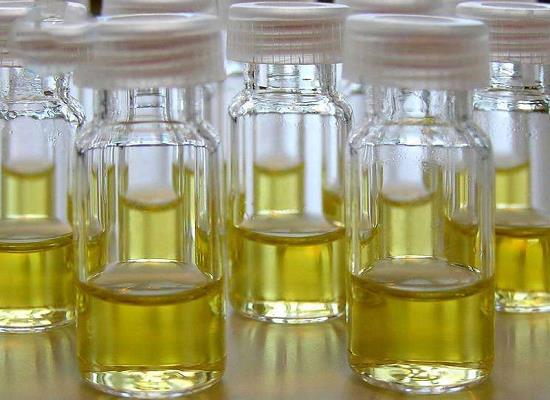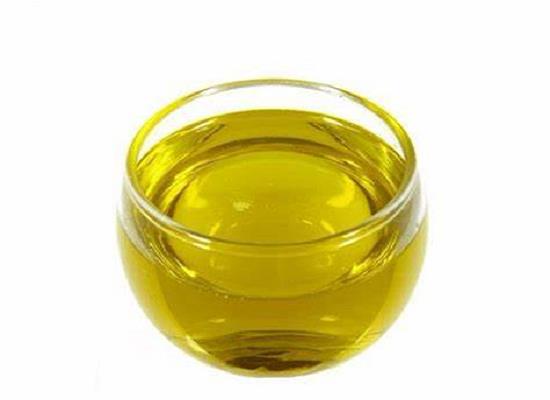Nobiletin: A Promising Citrus-Derived Compound with Anti-Cancer and Anti-Immune-Modulating Properties
General Description
Nobiletin, a citrus-derived compound, exhibits anti-inflammatory and antioxidant properties and has shown potential in preventing immune evasion by cancer cells. It can inhibit immune checkpoint pathways, particularly the PD-L1/PD-1 axis, and suppress the expression of PD-L1 in non-small cell lung cancer cells. Additionally, nobiletin has been found to modulate various signaling cascades in cancer cells, inhibiting their proliferation, inducing cell cycle arrest, promoting apoptosis, and suppressing angiogenesis. These anti-cancer effects make nobiletin a promising candidate for combination therapy with other cancer treatments. Further research is needed to fully understand its mechanisms and optimize its use in clinical settings.
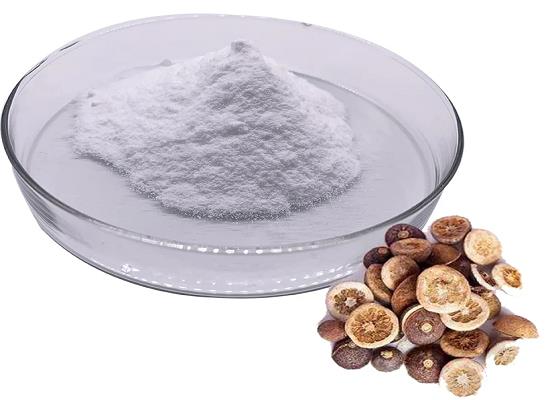
Figure 1. Nobiletin
Overview
Nobiletin, a polymethoxyflavone found in citrus fruits, exhibits numerous health benefits. It has demonstrated anti-inflammatory and antioxidant properties, as well as protective effects on the heart and nervous system. Studies have indicated that nobiletin may reduce the risk of conditions such as diabetes and cancer. Its low toxicity and ability to be extracted at high concentrations from citrus peels make it a promising supplement for human health. In the context of cancer, nobiletin has garnered significant attention due to its ability to target various genes, proteins, kinases, and cellular mediators. It is known to suppress inflammatory mediators and signaling pathways, including the NF-κB pathway, thereby potentially enhancing the efficacy of anticancer therapy. Additionally, nobiletin can stimulate the expression of Nrf2 and activate antioxidant enzymes, offering protection against genomic instability and toxicity. Furthermore, nobiletin modulates the expression, phosphorylation, and activation of several proteins and kinases, highlighting its potential as a valuable agent for human health and disease management. 1
Anti-cancer properties
Nobiletin is a flavonoid compound that has been the focus of numerous studies due to its potential anti-cancer properties. These studies have revealed that nobiletin can be used as an adjuvant alongside other cancer therapies such as immunotherapy, targeted cancer therapy, chemotherapy, radiation therapy, and hyperthermia. Adjuvants like nobiletin have the ability to eliminate cancer cells through various mechanisms, and understanding these mechanisms can help to enhance the anti-tumor effects of cancer therapy modalities. Herb-derived agents like nobiletin can modulate signaling cascades in cancer cells and stimulate the release of anti-cancer agents, which increases the sensitization of malignant cells to anti-cancer drugs. Nobiletin has been shown to have various effects on malignant cells and tumors, including inhibiting the proliferation of cancer cells, inducing cell cycle arrest, and promoting apoptosis. In addition, nobiletin has been found to suppress angiogenesis, which is the formation of new blood vessels that support tumor growth. Overall, the anti-cancer effects of nobiletin make it a promising candidate for use in combination with other cancer therapies. Further research is needed to fully understand the mechanisms by which nobiletin works and to optimize its use in clinical settings. 2
Immune-Modulating Properties
Nobiletin has shown potential in preventing immune evasion by malignant cells. The immune system plays a crucial role in suppressing or advancing tumor growth, with CD8+ T lymphocytes and natural killer (NK) cells being cancer-suppressive cells. However, cancer cells can upregulate certain molecules to attenuate the effects of these immune cells. Immune checkpoints, such as PD-L1 and CTLA-4, are key regulators that suppress NK cells and CD8+ T lymphocytes. Inhibiting these immune checkpoints can help prevent the exhaustion of NK cells and CD8+ T lymphocytes. Nobiletin has been found to inhibit or downregulate immune checkpoint pathways, particularly the PD-L1/PD-1 axis. It has been shown to blunt the expression of PD-L1 in non-small cell lung cancer (NSCLC) cells. Additionally, nobiletin suppresses the phosphorylation of the epidermal growth factor receptor (EGFR), which is essential for the activation of PD-L1 upstream genes and kinases. By downregulating STAT3 and JAK2, nobiletin inhibits PD-L1 expression in NSCLC cells. This inhibition triggers the secretion of IFN-γ from lymphocytes when co-cultured with NSCLC cells. Further research is necessary to fully understand the effects of nobiletin on other checkpoints, such as CTLA4. Moreover, exploring nobiletin's impact on the expression of PD-L1 in other immunosuppressive cells within the tumor would be of interest. 1
Reference
1. Moazamiyanfar R, Rezaei S, AliAshrafzadeh H, et al. Nobiletin in Cancer Therapy; Mechanisms and Therapy Perspectives. Curr Pharm Des. 2023;29(22):1713-1728.
2. Kisacam MA. Nobiletin is capable of regulating certain anti-cancer pathways in a colon cancer cell line. Naunyn Schmiedebergs Arch Pharmacol. 2023;396(3):547-555.
);Related articles And Qustion
Lastest Price from NOBILETIN manufacturers
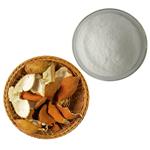
US $0.00-0.00/kg2024-04-28
- CAS:
- 478-01-3
- Min. Order:
- 1kg
- Purity:
- 98% HPLC
- Supply Ability:
- 1000kg

US $0.00-0.00/kg2024-04-26
- CAS:
- 478-01-3
- Min. Order:
- 0.10000000149011612kg
- Purity:
- ≥98%
- Supply Ability:
- 20tons
